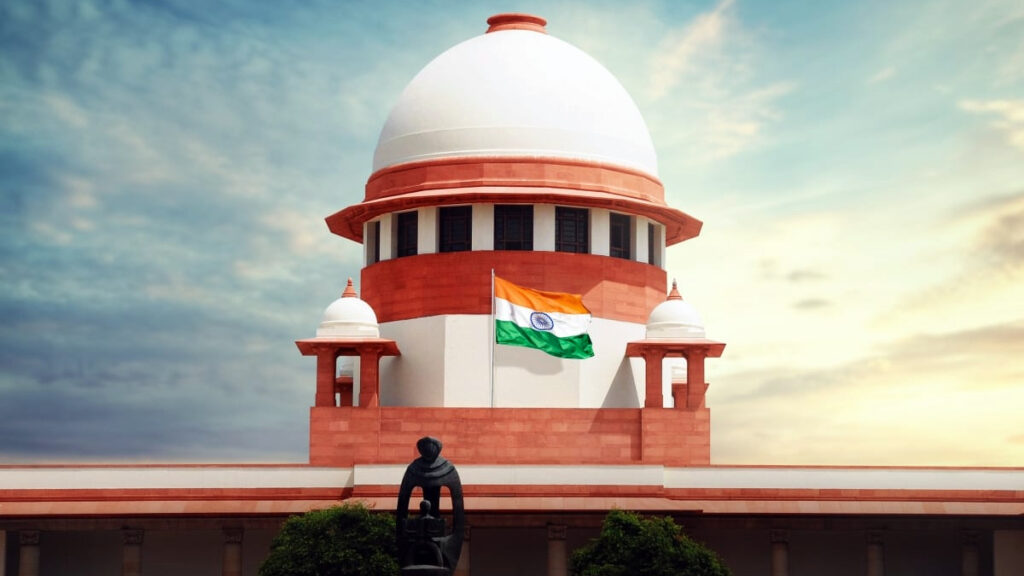
Legal Guardianship and Habeas Corpus: Supreme Court’s Ruling
Last Updated on February 18, 2024 by News Desk
Issues:
The recent ruling by the Supreme Court addressed the legal complexities surrounding guardianship and habeas corpus petitions. The case involved a woman seeking the production of her younger sister, alleging illegal detention by another sister and her husband. Central to the case was whether an elder sister inherently possesses the right to exercise guardianship over a younger sibling without a court order.
Reasoning:
The bench of Justices Aniruddha Bose and Sanjay Kumar highlighted the limitations of habeas corpus petitions in addressing disputes related to guardianship. They emphasized that the proper legal recourse for such grievances lies in approaching the appropriate court for guardianship orders. The court clarified that an elder sister’s authority as a guardian is contingent upon a formal order from a competent court, rather than being an automatic right.
Argument:
The petitioner’s plea for habeas corpus relief was dismissed by the Supreme Court, citing the inadequacy of this legal avenue to address guardianship disputes. Despite the emotional and familial context of the case, the court underscored the need for adherence to legal procedures and the requirement for a court order to establish guardianship rights. This ruling serves to uphold the rule of law and emphasizes the importance of legal mechanisms in resolving familial disputes.
Conclusion:
In conclusion, the Supreme Court’s ruling reaffirms the principle that legal guardianship cannot be assumed unilaterally, even within familial relationships. The judgment underscores the significance of due process and the role of competent courts in determining guardianship rights. While acknowledging the petitioner’s concerns, the court directed her to pursue guardianship through the appropriate legal channels. This decision serves as a reminder of the nuanced intersection between familial ties and legal obligations within the Indian judicial system.
Written by — Athi Venkatesh



